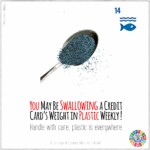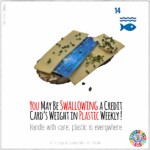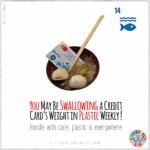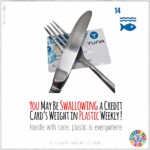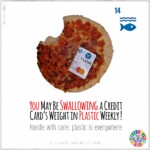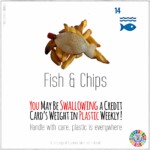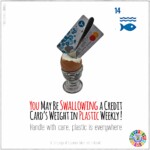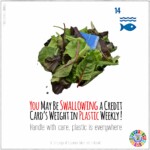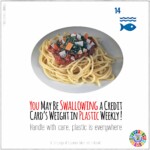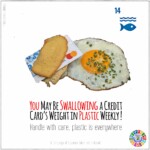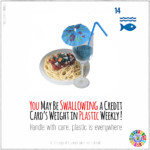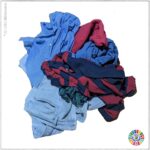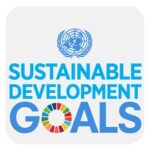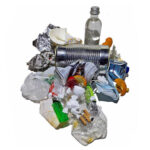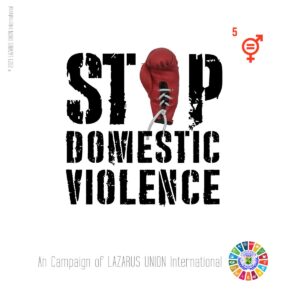Campaign Microplastic
The Global Crisis of Microplastic Pollution
In the interconnected ecosystem of our planet, every action has a ripple effect. The proliferation of plastics, particularly microplastics, presents a grave threat to both human and environmental health. As an NGO with general consultative status with the United Nations, we recognize the urgency of addressing this crisis. This essay explores the increasing spread of microplastics in today’s environment, their detrimental effects on humans and animals, particularly in the sea, and highlights the species affected by this pollution and its connection to Sustainable Development Goals (SDGs).
The Spread of Microplastics:
Microplastics, defined as plastic particles smaller than 5 millimeters in size, have infiltrated every corner of the globe. They originate from a variety of sources, including the breakdown of larger plastic debris, microbeads in personal care products, and fibers shed from synthetic textiles. These tiny fragments are pervasive, found in oceans, rivers, soil, air, and even in the food we consume.
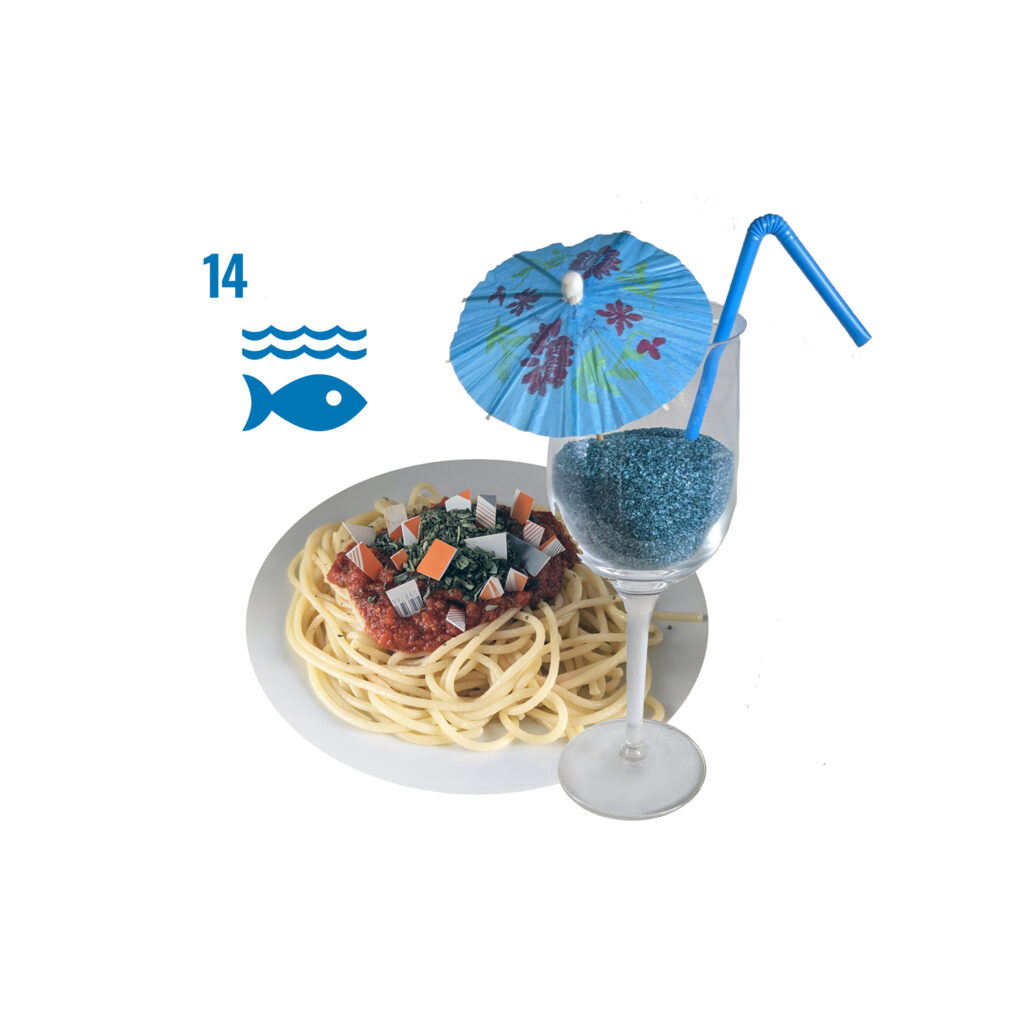
Effects on Humans and Animals:
The consequences of microplastic pollution are multifaceted and alarming. Marine life, in particular, bears the brunt of this crisis. Species ranging from zooplankton to whales ingest microplastics, mistaking them for food. This ingestion can lead to internal injuries, malnutrition, and death. Furthermore, microplastics act as sponges for toxic chemicals, accumulating harmful pollutants such as PCBs and DDTs. When consumed by marine organisms, these toxins bioaccumulate up the food chain, posing a significant risk to human health through seafood consumption.
Beyond marine ecosystems, microplastics have infiltrated terrestrial environments, entering the food chain through agricultural runoff and contaminating drinking water sources. Recent studies have shown that humans may inadvertently consume microplastics through food, water, and even the air we breathe. While the long-term health impacts of microplastic ingestion on humans are still being studied, there is growing concern about their potential role in diseases such as cancer, reproductive disorders, and immune system dysfunction.
Species Affected by Microplastic Pollution:
The impact of microplastics extends to a myriad of species, with marine organisms being particularly vulnerable. Sea turtles, seabirds, fish, and marine mammals frequently ingest or become entangled in plastic debris, resulting in injuries, suffocation, and starvation. Coral reefs, vital marine ecosystems, are also threatened by microplastic pollution, with studies linking the presence of microplastics to decreased coral health and resilience.
Connected Sustainable Development Goals (SDGs):
The issue of microplastic pollution intersects with several SDGs, including:
- Goal 14: Life Below Water – Microplastic pollution jeopardizes marine biodiversity and ecosystem health, undermining efforts to conserve and sustainably use the oceans.
- Goal 3: Good Health and Well-being – Microplastics pose risks to human health through contaminated food and water sources, highlighting the need for preventive measures to safeguard public health.
- Goal 12: Responsible Consumption and Production – Addressing microplastic pollution requires a shift towards sustainable consumption patterns and the reduction of plastic waste at its source.
Conclusion:
The increasing spread of microplastics in today’s environment poses a critical threat to both human and environmental well-being. Urgent action is needed at the global, regional, and local levels to mitigate this crisis. As an NGO with consultative status with the United Nations, we advocate for collaborative efforts to reduce plastic pollution, promote sustainable alternatives, and protect the health of our planet and its inhabitants. Together, we can turn the tide on microplastic pollution and pave the way for a healthier, more resilient future for all.
